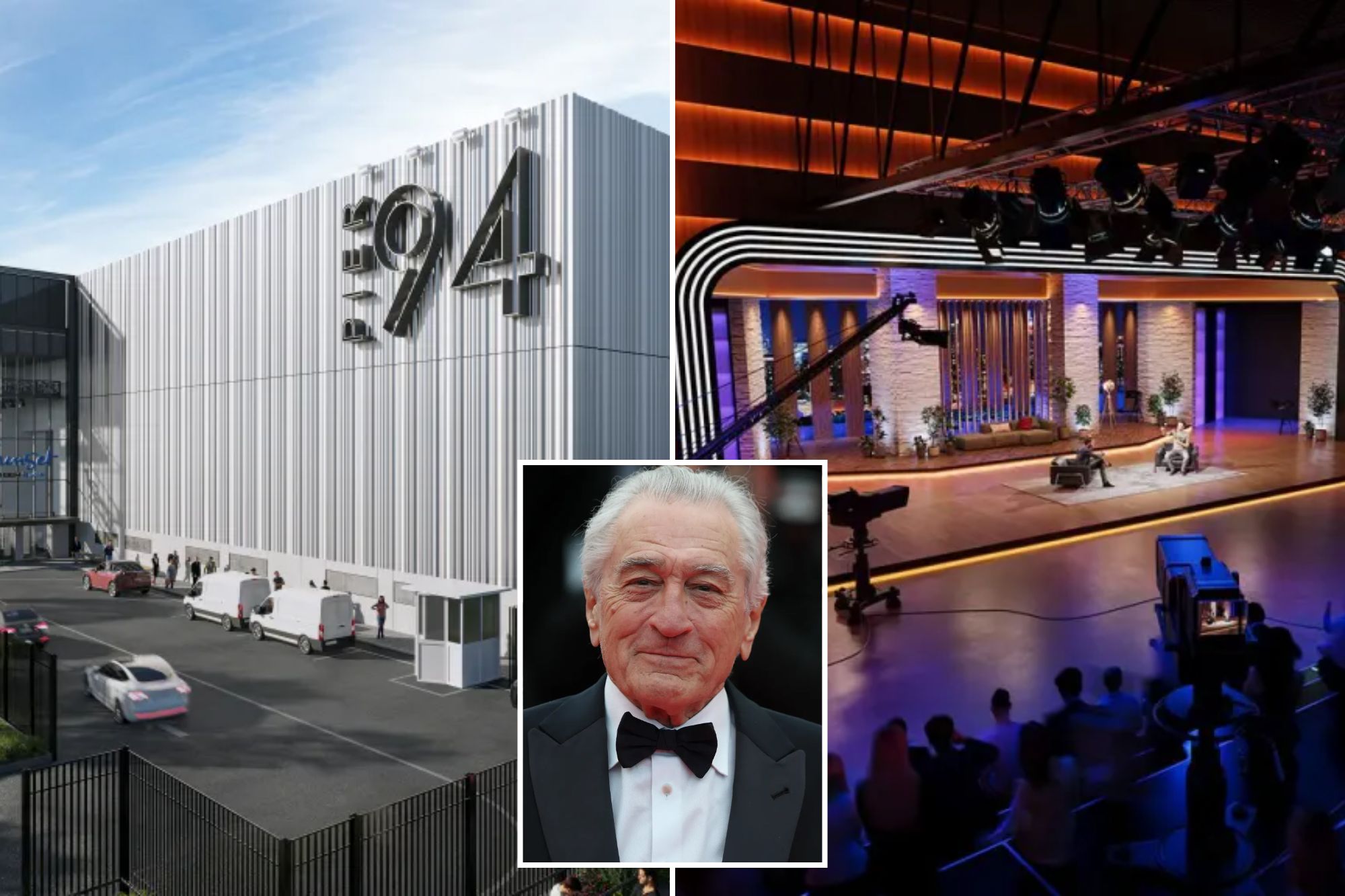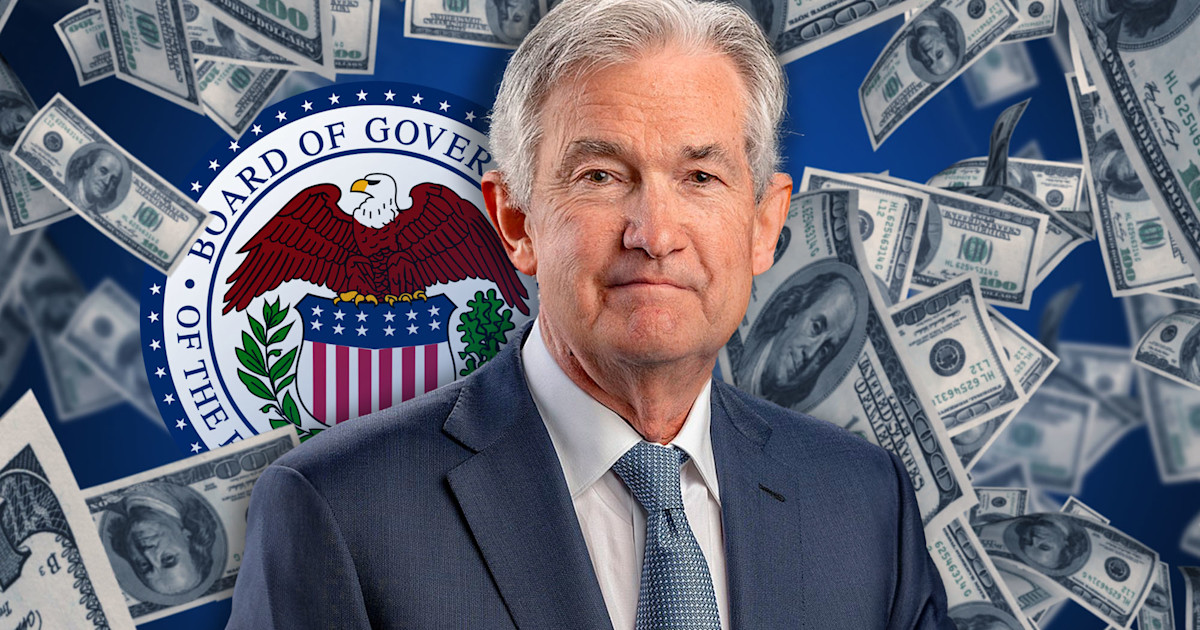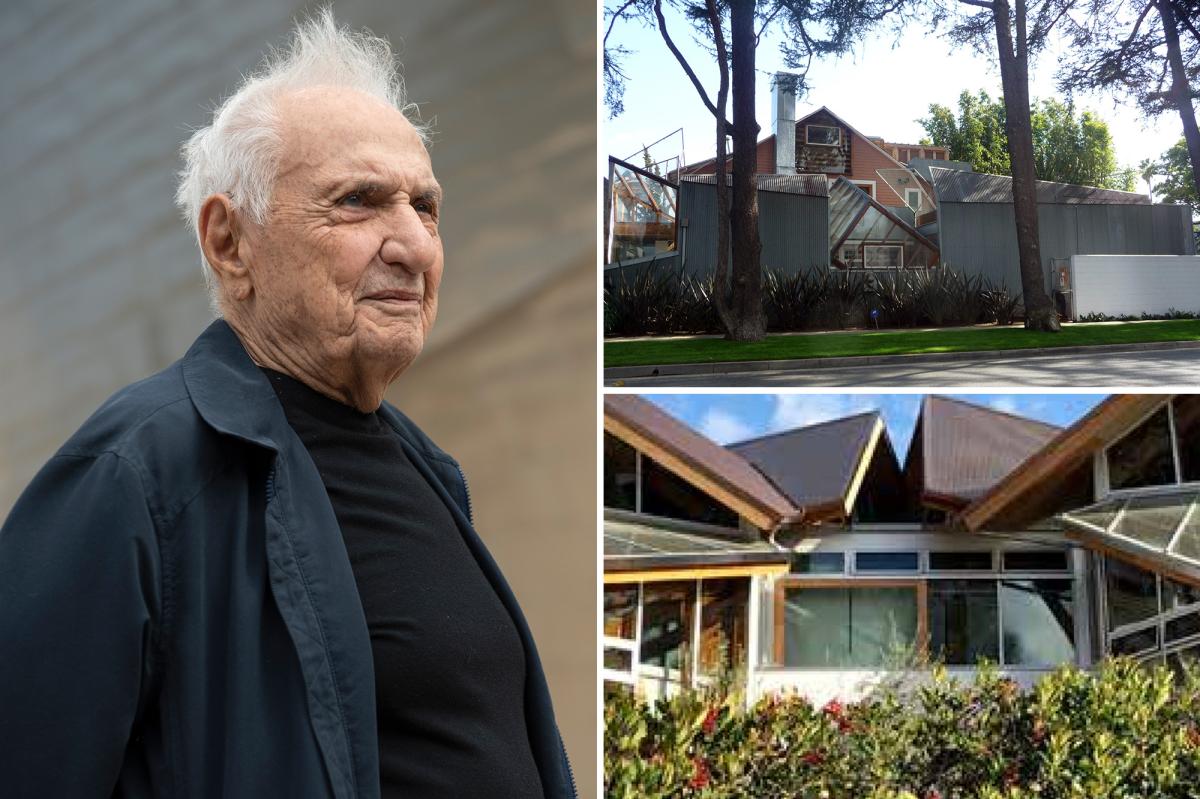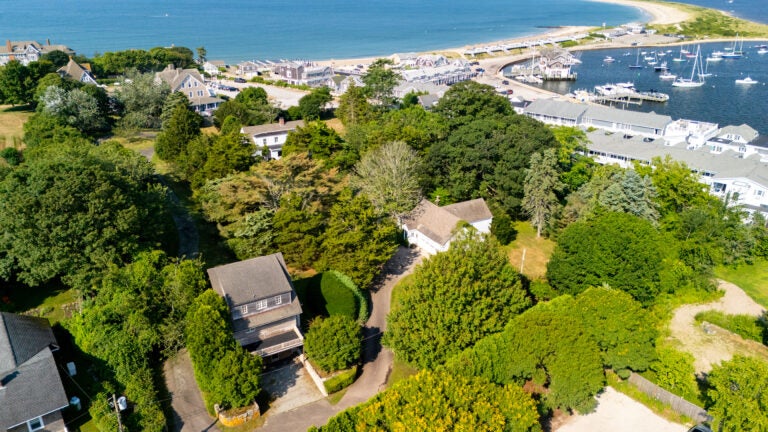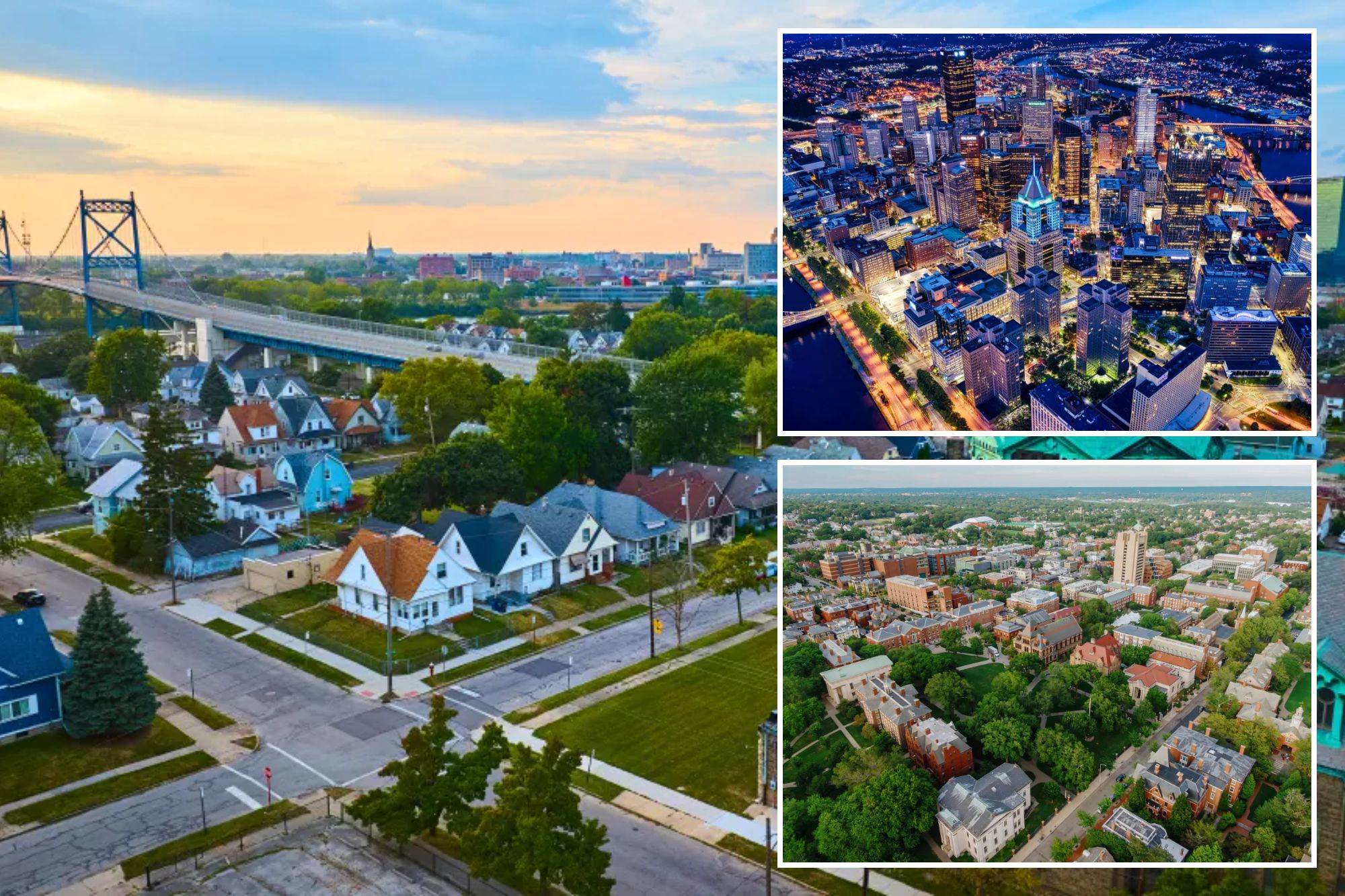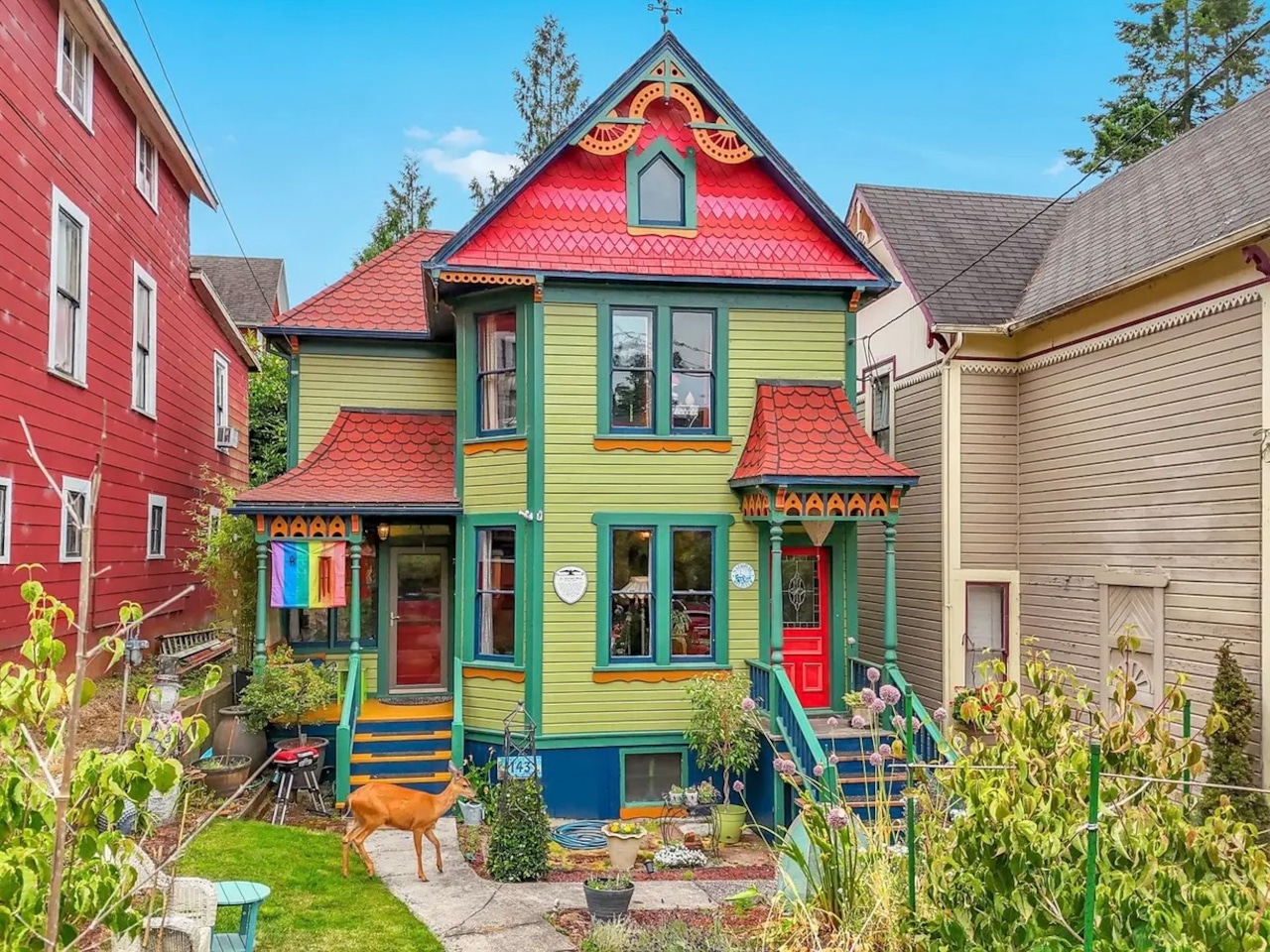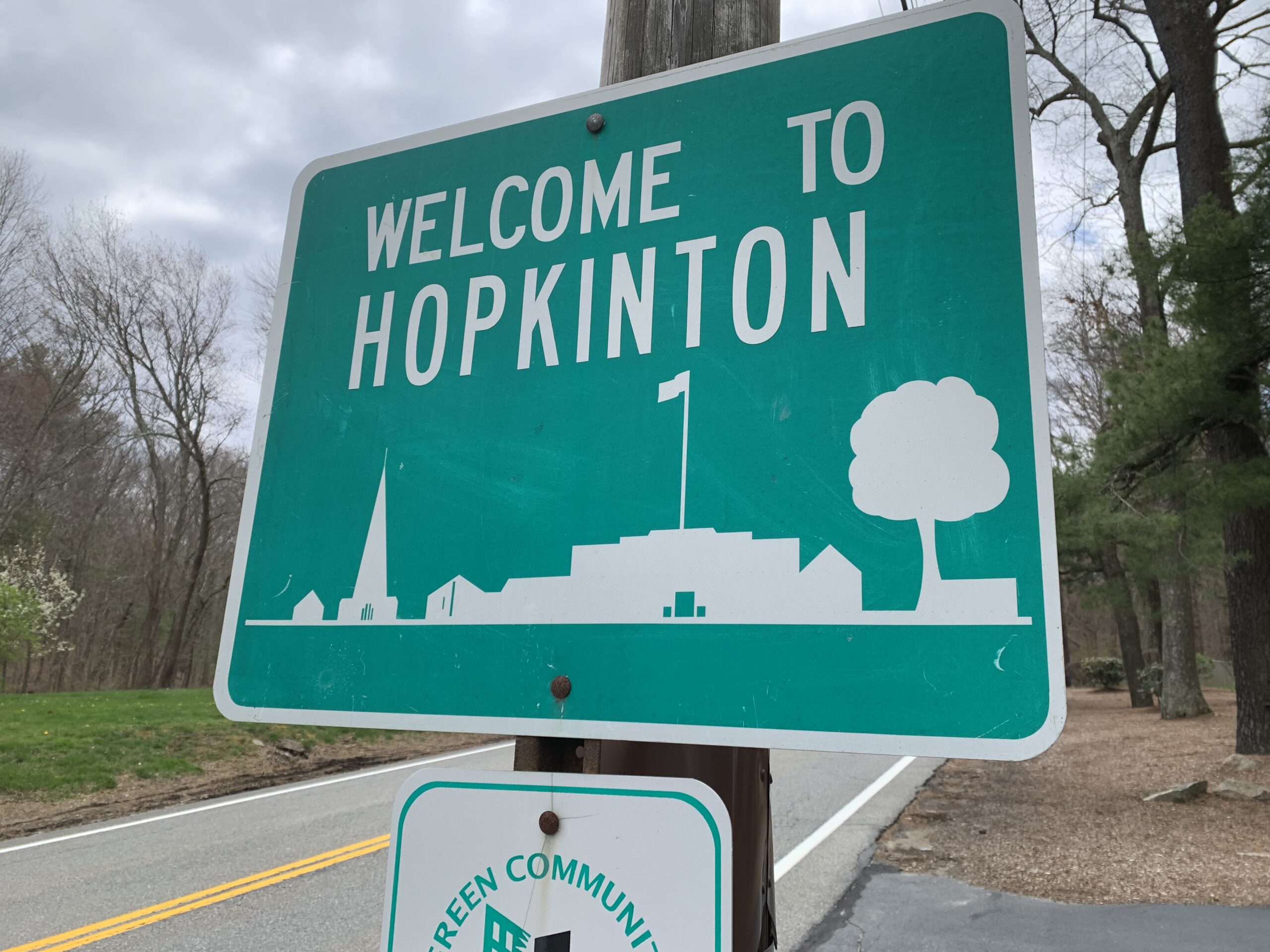N
ew film studios are sprouting across New York, driven by generous tax incentives and a surge in content demand. In Manhattan, Brooklyn, Astoria, Long Island City, Yonkers, and the former Northrop Grumman plant, construction is underway or already complete. Netflix is building an $848 million complex in Fort Monmouth, New Jersey. The city hosts roughly 60 production facilities that qualify for the Film Production Tax Credit Program, clustered mainly in Manhattan, Brooklyn and Queens, and together they offer about 2 million square feet of space, with more on the horizon.
**Sunset Pier 94** – a $350 million transformation by Hudson Pacific Properties, Vornado Realty Trust and Blackstone – now boasts six sound stages with 36‑foot ceilings, back‑office suites, underground truck parking, and a 1,000‑foot pier terrace overlooking the Hudson. The 99‑year lease starts at $900,000 and climbs to $2.8 million, while the city will invest $74 million in pier maintenance through 2060. The project is projected to create 1,700 jobs and generate $6 million in economic impact. Commissioner Pat Swinney Kaufman highlighted how such investments bolster local businesses and expand New York‑based employment.
**Borden Studios** sits atop a modern warehouse in Long Island City. The 232,935‑square‑foot complex offers four stages, 70,300 sq ft of offices, 41,200 sq ft of support space, and 7,800 sq ft of outdoor area, including a rooftop terrace with skyline views. Managed by the MBS Group, the world’s largest production‑support firm, the studio provides a high‑quality environment that rivals traditional storage facilities.
**Wildflower Studios** in Astoria is the largest new facility: a $1 billion, 11‑stage, 765,000‑sq‑ft complex designed by Bjarke Ingels Group and backed by Robert De Niro, his son Raphael, and Adam Gordon. It markets itself as the only high‑performance, purpose‑built TV and film studio for 21st‑century storytelling. The campus includes outdoor space, a fitness center, and a 224‑seat commissary with menus from acclaimed chefs. The CBS comedy “Elsbeth” has already filmed there.
**East End Studios Sunnyside** in Queens opens with 340,000 sq ft of production space, four stages, support areas, parking, and terraces. The company also has four projects in Los Angeles.
**Echelon Studios** – two developments by Bungalow Projects, founded by Susi Yu and Travis Feehan – are shaping Brooklyn’s film scene. The Red Hook site will rise six stories, covering 246,000 sq ft, with four sound stages, ancillary space, and a 56,000‑sq‑ft underground garage. The Bushwick location will span 351,100 sq ft, also six stories, featuring six stages each 18,000 sq ft with 40‑foot clearances and an 87,200‑sq‑ft underground garage. Yu and Feehan, both former partners at Bain Capital, emphasize that each studio is a standalone facility meeting all production needs.
Beyond Brooklyn, **Great Point Studios** in Yonkers operates four sites, with Lionsgate’s complex alone offering 1 million sq ft of stages and backlots adjacent to a Metro‑North station. **Electric Owl Studios** in Hastings‑on‑Hudson is converting underused land into a campus with new stages.
The city’s economic impact is substantial. According to the 2021 NYC Film and Television Industry Economic Impact Study, the sector supports 185,000 jobs, pays $18.1 billion in wages, and contributes $81.6 billion to the economy annually. State tax credits—$700 million per year for production and $45 million for post‑production, funded through 2036—along with an additional $5 million for upstate projects, underpin this growth. City developers are encouraged to lease industrial space, which would otherwise command $30–$50 per square foot, for about $100 per foot, raising the quality of sound stages across the boroughs.
Industry voices echo this optimism. Travis Feehan, co‑founder of Bungalow Projects, notes that recent tax credits are helping the market rebound. Robert Gilman, CPA and head of Anchin’s real‑estate group, observes that while California remains a global hub, it faces stiff competition, and New York is thriving. Anthony Jasenski of CBRE highlights developers’ resourcefulness in maximizing space, while Commissioner Kaufman celebrates the expansion of film and television infrastructure and workforce training programs.
Finally, new stages are emerging within a 25‑ to 30‑mile radius of Columbus Circle, enabled by evolving union and guild regulations, further expanding the city’s production footprint.
